Buying a Puppy
When deciding to buy a puppy, think about your lifestyle. What breed of dog are you looking for that suits your lifestyle, e.g., your home environment, space, and work commitments? Do you enjoy having many holidays throughout the year? Are you a lazy person? If you are a lazy person, then, for example, a Malinois dog may not be the best fit for you. You need to know how much time you will have to train and exercise your dog; can you afford a dog walker if you work long hours? Bringing a puppy into your family is a big decision in your life, regardless of the breed you buy. This is a lifetime commitment because they are part of your family. Make sure everyone in the family is on board with wanting to get a puppy.
Research is important.
Research where you are going to buy your puppy from. Pedigree pups should be Kennel Club registered, and the breeder should be on the Kennel Club assured breeders list. Crossbreeds also have their own clubs, so that you can look on their websites for approved breeders. Do not buy puppies online, from pet shops or from puppy farms.
Puppies should not leave the bitch until they are 8 weeks old, but some breeders will wait till they are 12 weeks old before selling them. Always ask to see the bitch and ensure that she is nice, friendly, and not nervous, as temperament can be inherited.

Veterinary matters.
Your pup will need to visit the veterinary centre for vaccinations, worming, flea treatment, and microchipping. Microchipping is a legal requirement. Pups can have antibodies from their mother until they are 12 weeks old. This natural immunity can prevent the puppy vaccines from working. Therefore, many veterinarians still recommend vaccinating at 8 and 12 weeks of age. Some Vets do not like the L4 vaccine for Leptospirosis because of reported vaccine reactions, and they still use L2. Have a chat with your Vet about pet insurance.
Environment.
You will need a puppy-proof home to keep your puppy safe, so it is a good idea to have this ready for when your puppy arrives home. Therefore, I like playpens or crates if used correctly and not abused because they are a great training tool to have. Make the crate or playpen a positive place for your puppy by placing their bed inside and their enrichment toys, such as a food-stuffed Kong or a snuffle scent mat with treats. This can be a very calming and brain-stimulating activity for your puppy. Place your puppy’s crate in the quietest corner of the most used room in the house, such as a family room, so that your puppy does not associate crating with feeling isolated. The crate or playpen should never be used as a punishment for your puppy; only positive training should occur with the crate.
Introduce your puppy to the crate gradually, and never force them inside. At first, get them comfortable going in and out on their own by tossing a few treats inside without closing your puppy in. Do not forget that your puppy has entered a new environment, so everything will be overwhelming and stressful to begin with. Take baby steps. If you find that your puppy is not settling at night in their crate, consider setting up a crate in your bedroom. This way, you can gradually get them used to crate training and help them feel less isolated. Then you can start moving the crate towards your bedroom door, and eventually to the landing when your puppy is more confident about being in their crate.
Puppy socialisation.
Your puppy will need life skills socialisation, which does not mean taking your puppy to the local park and letting them mix with people and dogs that you do not know. This can be very damaging to your puppy’s training and their future behaviour if your puppy is not getting the correct socialisation.
When socialising your puppy, take it slow and be aware of your puppy’s limits. Make the interactions positive and give plenty of treats and praise. Everything is new to your puppy, so every encounter is an opportunity to make a positive association. The idea behind socialisation is that you want to help your puppy become accustomed to all types of sights, sounds, and smells positively. Proper socialisation can prevent a dog from being fearful of children or of riding in the car, and it will help them develop into a well-mannered, happy companion. Improper socialisation can lead to behavioural problems later in life.
Physical development.
An 8- to 12-week-old puppy will be quiet and small, even if it is a puppy of a large breed. Puppies are physically vulnerable and a bit clumsy. They need plenty of supervision; therefore, the crate or puppy pen is a clever idea when they cannot be supervised. Expect your young puppy to sleep a lot during this stage. Most puppies will sleep about 18 to 20 hours a day to support their fast-growing brains and bodies. I cannot stress enough the importance of letting your puppies sleep and have some downtime. So, for example, if you have a young child and your child is overexcited playing with your puppy, your puppy could get overexcited and may start mouthing and go over the threshold because they are overtired. This is where your dog's behavioural problems can start to develop if you do not intervene. This is when your crate training will be beneficial; you can place your puppy inside their crate with some calming enrichment puzzles for some relaxation and sleep time.
An overtired puppy.
What does an overtired puppy look like? You might think it will be easy to spot an overtired puppy, but some of the symptoms can be very confusing. Your puppy might show only a couple of signs or all of them within a few minutes. A tired child can be a nightmare, and tired puppies are no different! A tired puppy can nip and bite, and if they do out of nowhere, it could be because they are getting tired and do not have any other way of expressing themselves. Hyperactivity, though it might seem counterproductive, can occur when some puppies become overtired. When your puppy is eventually sleeping or resting, whatever, do not disturb them; let them sleep.
Puppy training.
Please do not leave your puppy for hours inside the crate (or any dog, for that matter), as puppies still require house training and need frequent breaks. You mustn't leave your puppy in the crate for extended periods during the day, as this can cause significant stress to your puppy and even lead to separation anxiety or isolation stress. They could also start having accidents in the crate.
When your puppy is out of the crate, do not let them run free in the house until they are fully house-trained. Baby gates are a clever idea so you can manage the situation, the more freedom the harder it will be for you to house train your puppy. When you start your puppy's toilet training, take them out, if possible, every hour into the garden. Always go outside with them, so you can reward them with a treat when they have been to the toilet. Times to take them out also include after sleeping, eating, drinking or playtime because this is normally when they will need to go outside to the toilet.
Watch for signs that your pup may need to go to the toilet. The signs include sniffing the ground, turning in circles, and squatting. If you see these signs, then gently interrupt your pup and take them outside to see if they will go to the toilet. If they go to the toilet, then reward them; if not, just quietly return them indoors. But make sure that you give them enough time to do their business before returning them inside, patience is key.
Never punish your puppy for toileting in the house, as this will make them more anxious and hinder their toilet training improvement, since they are still learning what to do. Puppies have smaller bladders than adult dogs, so they need to urinate more frequently. Many puppies will not achieve full bladder control until 4 to 6 months of age. If your puppy goes to the toilet in the house, simply disinfect the spot with a non-ammonia-based product and remove the smell with a pet odour neutraliser.

If you have children.
Just as puppies need training, so do children. At the earliest age, you can begin to teach the fundamentals of respecting animals and their boundaries. The first thing to teach your child is that the puppy is not a toy! They are living, feeling beings that need love and gentle treatment to grow into happy, well-mannered adult dogs. Children could include the puppy in their play activities, but young puppies need time to adjust to their new home. Puppies are not toys, but they do enjoy and need playtime to learn good manners and grow their bond with their family! Teach your children that certain games, like fetch, for example, are an appropriate activity to engage with the puppy. Encourage your kids to always be gentle with the puppy, even during playtime. Remind your kids that activities like pulling on the puppy’s tail, or ears or pocking them, for example, are hurtful and may make the puppy fearful and cause them to snap or nip, especially as the puppy grows. It is best that when kids are playing with the new puppy, you are present and ready to show them the correct way to play together.
Getting ready to walk your puppy.
First, you will need to get your puppy accustomed to wearing a collar/ harness and leash inside your house before going outdoors, so they can become accustomed to wearing the harness. This slow and steady approach, using treats and praise for encouragement, helps your puppy form positive associations with the harness.
Then, before attempting a walk outdoors, practice going for a walk inside your home with fewer distractions. Puppies can begin basic training and loose lead walking in your home or garden as young as eight weeks old. I recommend using a harness for your puppy to start walking, rather than a collar. This will protect a puppy’s neck and back from potential injury caused by lead pulling on a collar.
It is essential that if you are struggling with puppy training, you invest in some help from a dog trainer/behaviourist.





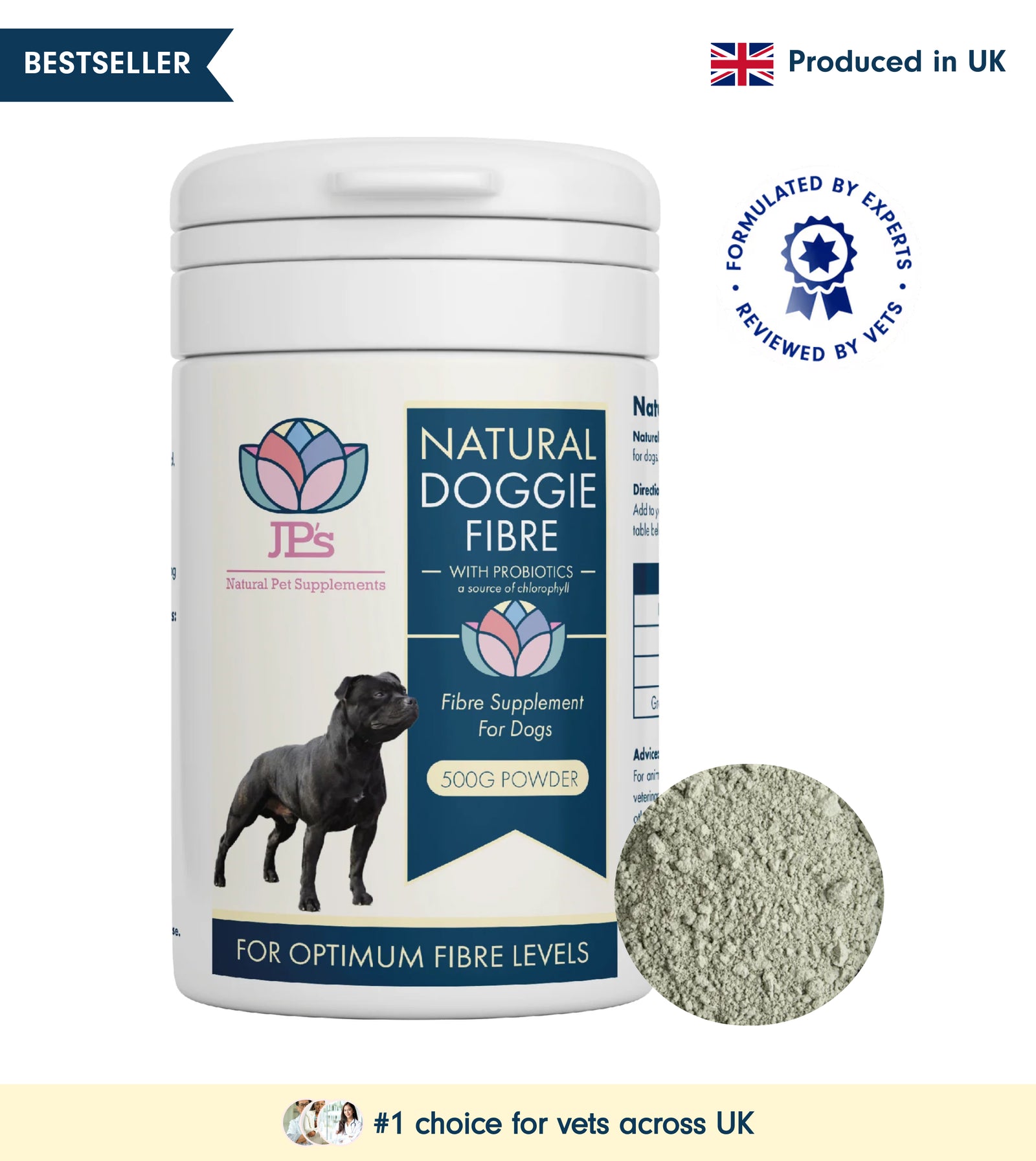


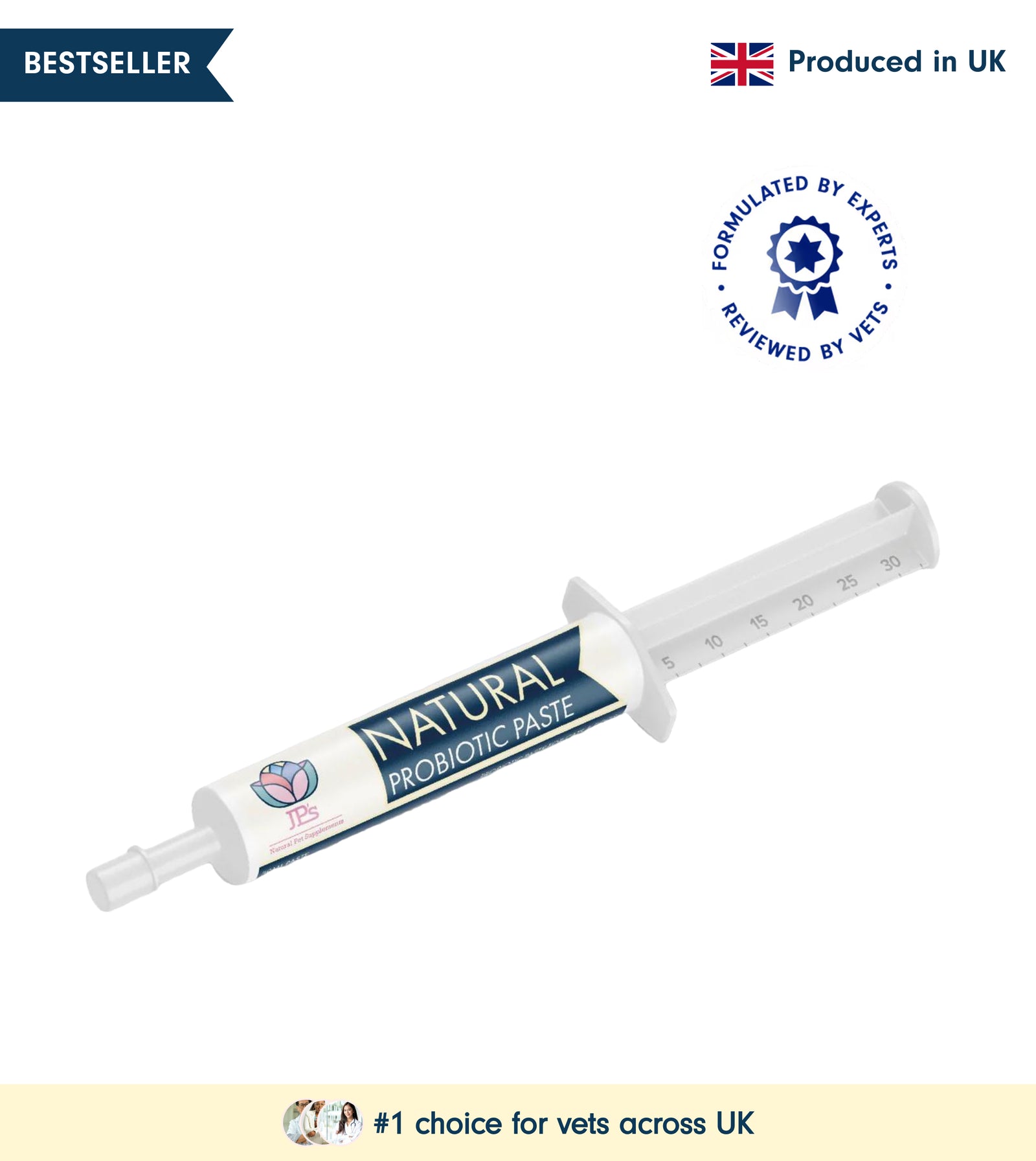

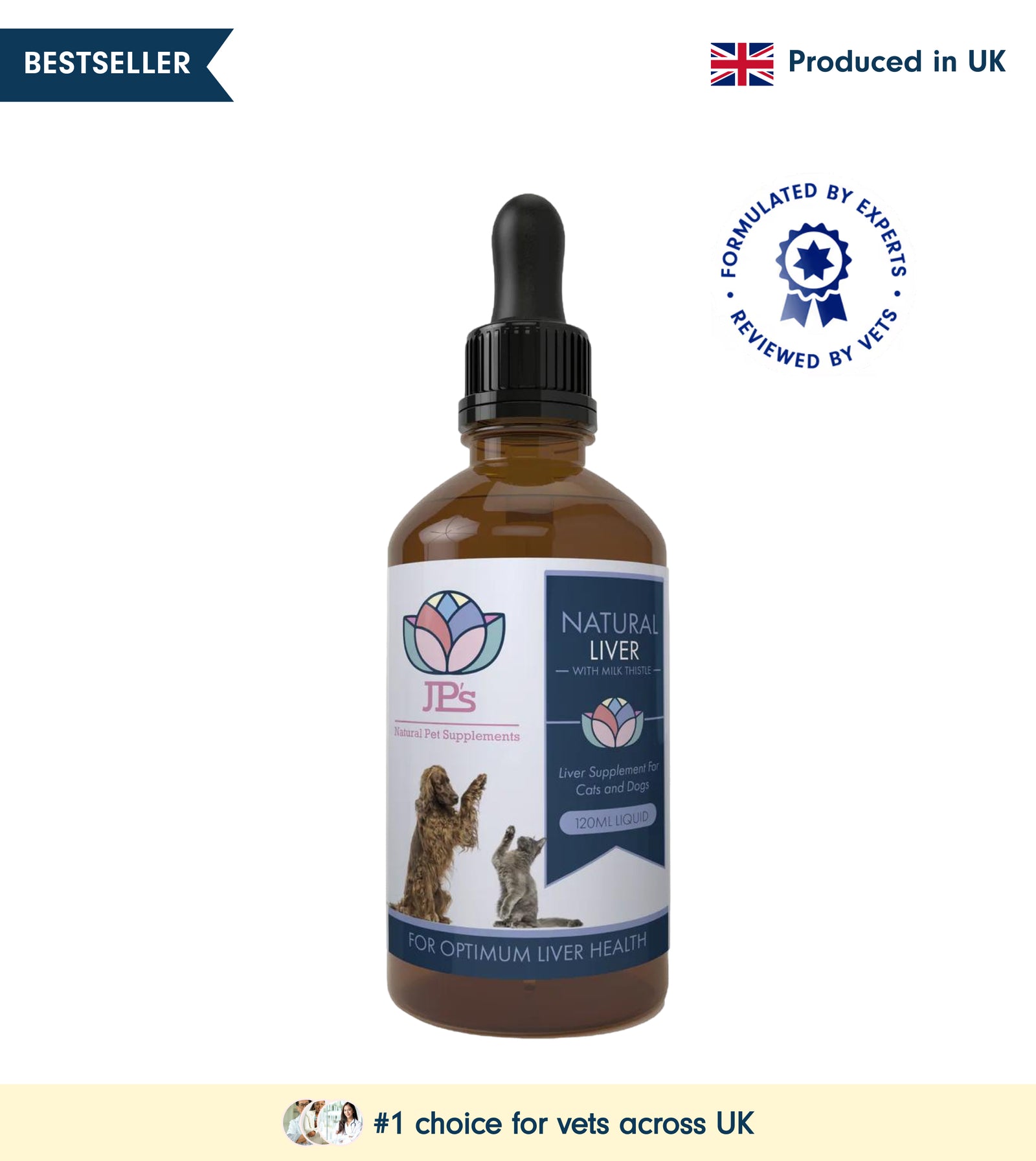




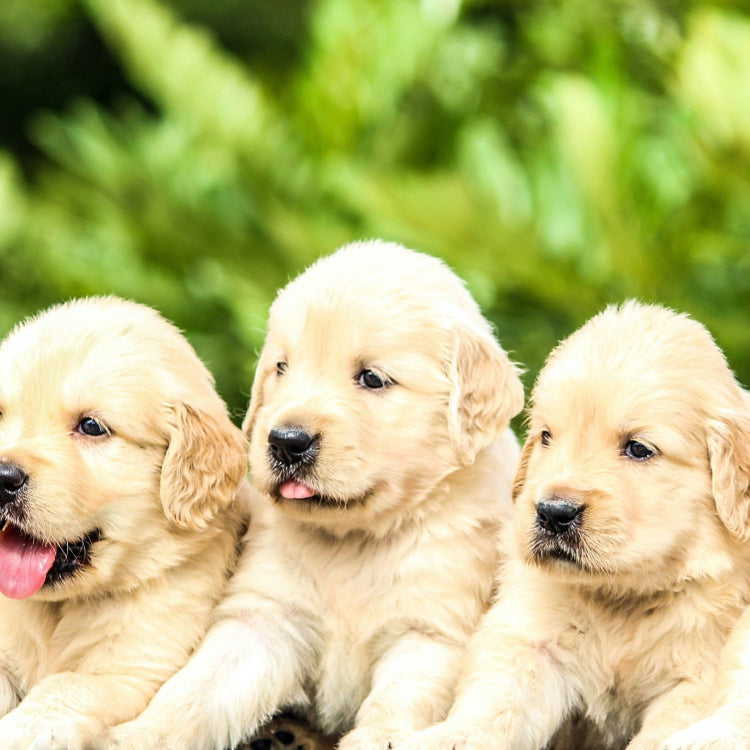
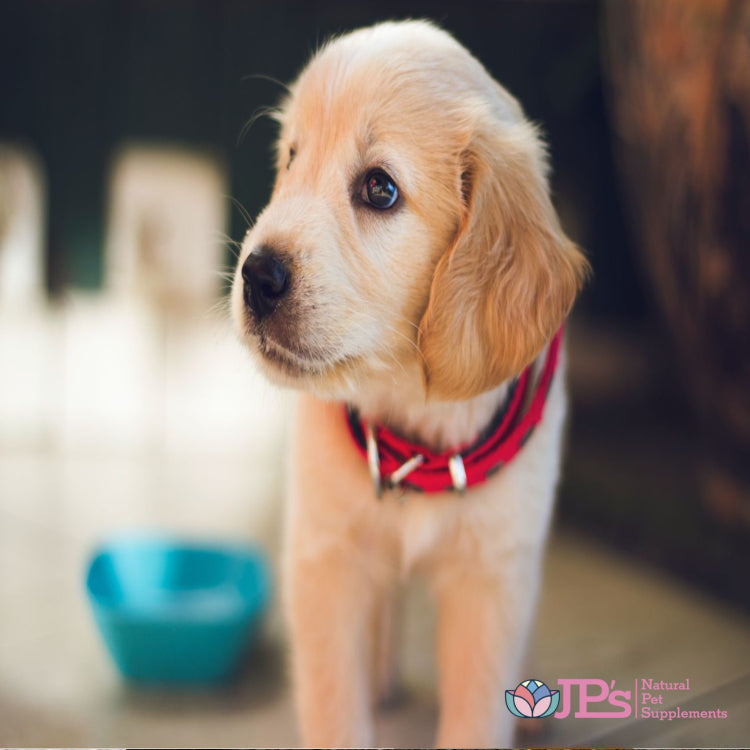
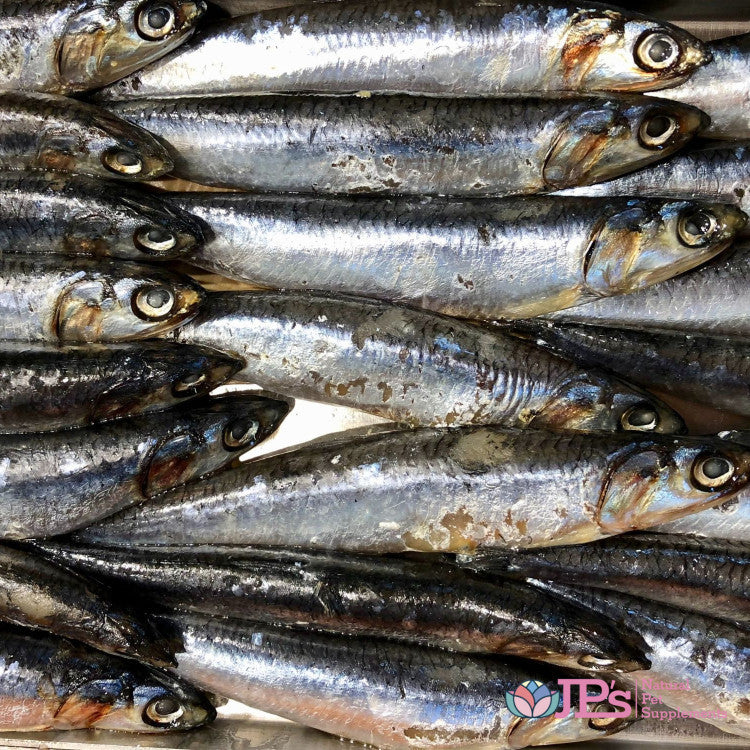
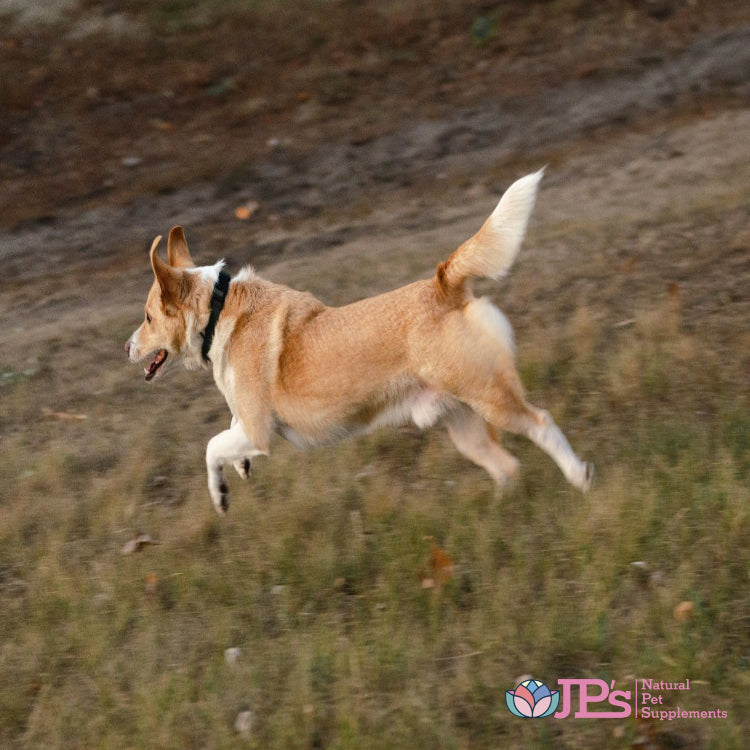
Leave a comment (all fields required)